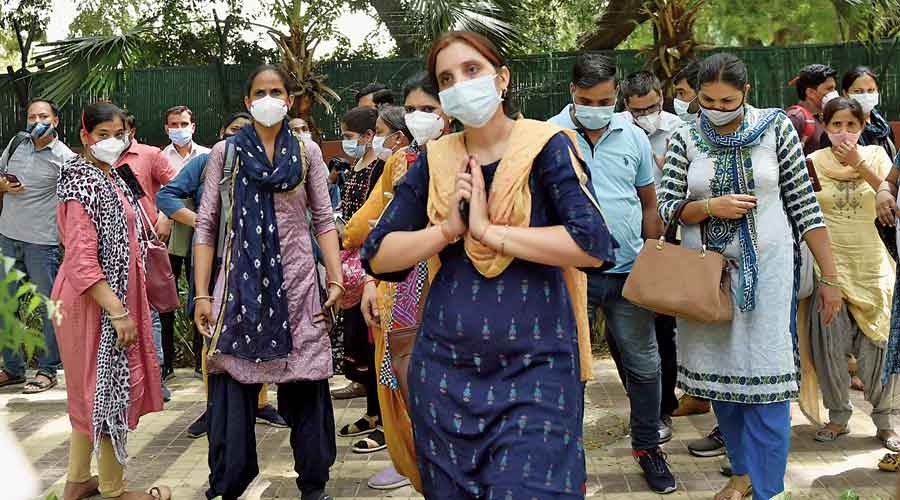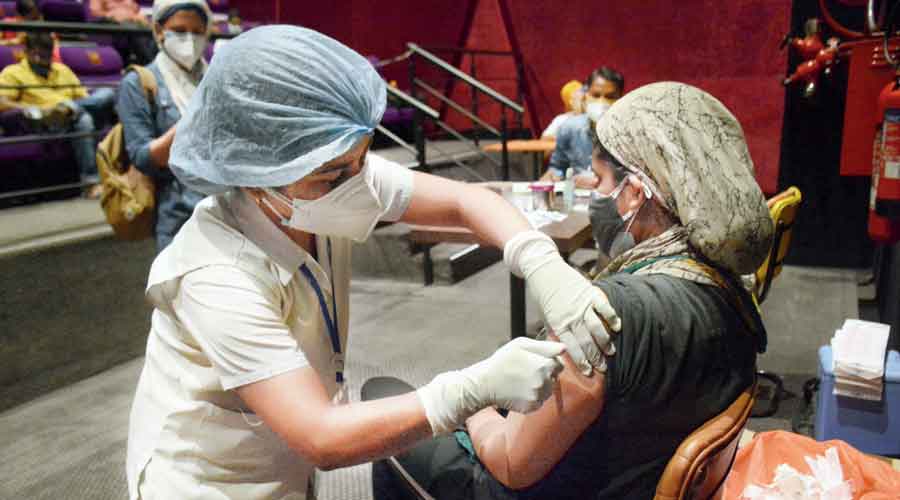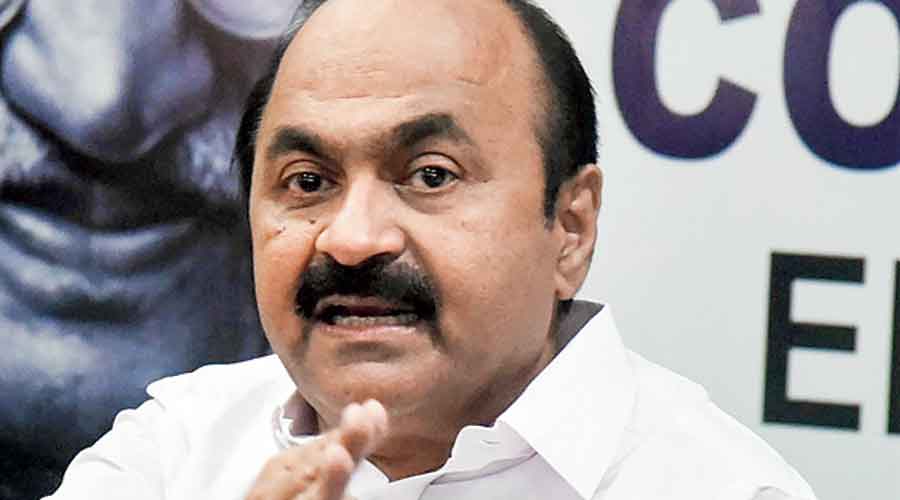India could have averted 9 million to 13 million Covid-19 cases and nearly 100,000 deaths if it had introduced soft lockdown restrictions early in March, a study by researchers at academic institutions in the UK and the US has estimated.
While public health experts have argued that restrictions on crowding at social events, election rallies and the Kumbh Mela could have helped mitigate India’s second Covid-19 wave, the new study is the first to estimate the potentially averted cases and deaths.
The study, led by Bhramar Mukherjee, professor of biostatistics at the University of Michigan and Swapnil Mishra at the Imperial College, London, indicates that while the highly transmissible delta variant contributed to the second wave, the size of the surge could have been lowered through early moderate restrictions.
The health ministry too had in March cautioned that the daily new infections observed among residents and visiting pilgrims at the Kumbh Mela in Haridwar had the potential to turn the festival into a super-spreader event. But the event continued to draw crowds for weeks after the warning.
During the second surge, which began around mid-February, the country’s total number of confirmed Covid-19 cases rose fast — from 10.8 million in early February to over 24.3 million by May 15. The total deaths increased from around 157,000 on March 1 to over 266,000 by May 15.
The UK-US research group investigated how fast-spreading variants — such as the delta variant first detected in Maharashtra in December 2020 — may have influenced the surge, and estimated the cases and deaths that could have been averted through soft but early lockdowns.
Their analysis suggests India could have averted between 9 million and 13 million cases between March 1 and May 15, and prevented over 90 per cent of the 109,000 deaths that occurred during the two-and-a-half-month period.
The study, not peer reviewed yet, has been posted on medRxiv, an online preprint server.
“The timing of the lockdown is as important as the level of restrictions,” said Mishra, a research associate at the Imperial College School of Public Health. “Even a moderate or soft lockdown initiated early could have eased the pressure on hospitals and helped reduce deaths.”
Multiple studies have already established that the emergence of the highly transmissible delta variant contributed significantly to the surge. The proportion of delta sequences in Maharashtra, for instance, ballooned from 1.5 per cent in February to 87 per cent by May.
The Mukherjee-Mishra study has shown that waning immunity among people with prior Covid-19 infections and public laxity in taking precautions by themselves cannot explain the size and the speed of the second wave in Maharashtra. The delta variant played a role.
But their calculations also show that early public health interventions could have helped lower the size of the second surge.
“Had action taken place at any time in March, it is plausible that more than 90 per cent of observed cases and deaths between March 1 and May 15 could have potentially been avoided under both strong and moderate intervention scenarios,” the researchers said.
Maharashtra was the first to introduce restrictions starting April 14.
Public health experts not associated with the study said it quantifies scenarios.
“The government did not appreciate the risks involved in lowering its guard. To allow the Kumbh Mela was a mistake and the government made it,” T. Jacob John, former head of clinical virology at the Christian Medical College, Vellore, told The Telegraph.
A medical expert who is guiding the government’s response to Covid-19 told this newspaper that advisories from the health ministry calling for continued caution such as mask-wearing and avoiding crowds were issued throughout the epidemic, including the period before the second surge.













